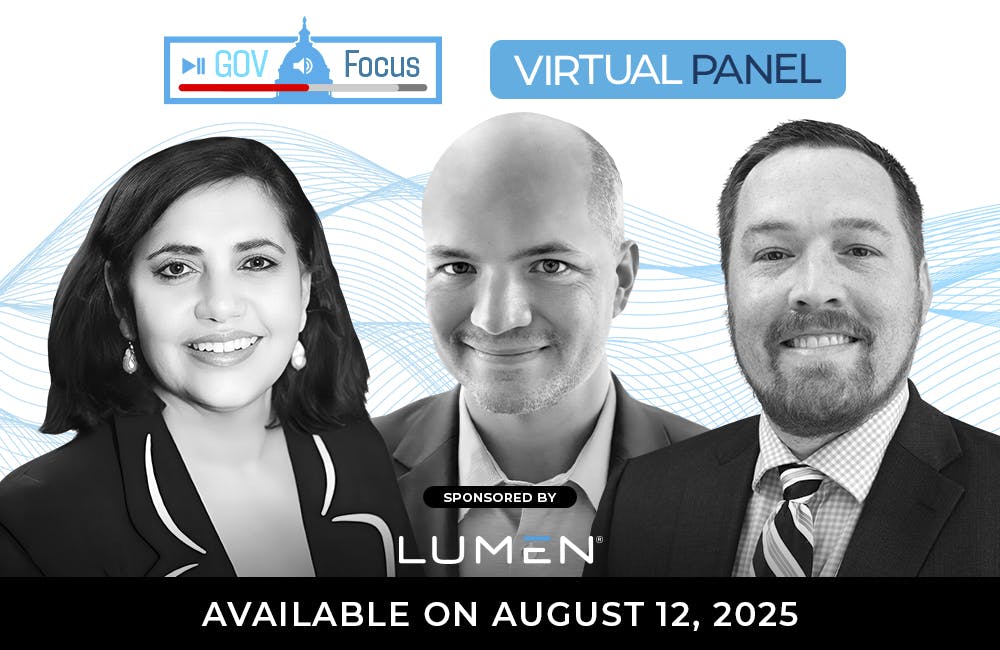Cyber Leaders Urge Congress to Modernize Election Security Systems
Experts prompt a bipartisan approach to cybersecurity to protect U.S. critical infrastructure and future elections from evolving threats.

Cyber advocates urge Congress to take a bipartisan approach to secure future elections from increasing cyber threats as foreign adversaries leverage emerging technologies to interfere with U.S. elections and expose gaps in the nation’s critical infrastructure.
During the “American Confidence in Elections: Prohibiting Foreign Interference” hearing last week, Committee on House Administration Chairman and Congressman Bryan Steil noted that adversaries are targeting many sectors of the nation’s critical infrastructure, including financial and cyber aspects of U.S. elections.
Steil said it’s imperative for federal government to take action to close loopholes in financial law and prevent from foreign interference, citing misinformation and cyber attacks as the primary ways adversaries take advantage of voters and undermine trust.
“This is a serious vulnerability. Cyber attacks can illegally target election infrastructure, including voter registration databases or email systems of political campaigns, in an attempt to disrupt processes or steal sensitive information,” said Steil. “We must ensure that America’s election system is secure and fair.”
Matthew O’Neill, retired Secret Service deputy special agent in charge of cyber, said there is an “urgent threat of financial interference” in U.S. elections during his opening testimony.
“Addressing election interference through financial crime isn’t just about closing gaps. It’s about reestablishing U.S. leadership in the global stage,” said O’Neill.
O’Neill noted that unregulated fintech platforms and other emerging digital ecosystems expose risks in federal legacy systems, which could put the U.S. at risk of falling further behind in election security.
“The tools we need already exist, but modernization incentives are necessary to fully realize their potential,” he added.
O’Neill said it’s difficult to verify digital identities of donors because of these legacy systems, allowing citizen data like addresses or dates of birth to be sold for pennies. He added that this could be used to sell voter data.
The U.S. lost $12.5 billion in 2023 through financial crimes that exploited gaps in the election process with the help of cryptocurrency. These crimes also saw overlap in large money laundering cases in the nation, according to O’Neill’s testimony.
“By expanding information sharing frameworks, closing regulatory gaps and leveraging technology, we can protect our democracy and restore public trust in our financial systems,” said O’Neill.
Misinformation and deep fakes also pose a threat to election security. The Center on Military and Political Power’s Senior Director Bradley Bowman said during the hearing the U.S. needs to be on the offense of cyber warfare and misinformation compared to our adversaries.
“We should not become complacent,” said Bowman. “We should expect China, Russia, Iran, to continue to attack our electoral process with increasing ferocity and AI empowered effectiveness.”
This is a carousel with manually rotating slides. Use Next and Previous buttons to navigate or jump to a slide with the slide dots
-

How NASA’s AI Plan Boosts Government Efficiency
NASA Chief Data and AI Officer David Salvagnini shares how the agency is integrating AI with data to drive innovation and efficiency across government.
9m watch -

Modernizing IT Systems for AI Adoption
USPS, NIH and Lumen discuss how modernization, data strategies and security are shaping AI’s future role in government.
20m watch -

White House Science Chief: US-Driven AI Sets Global Standards
Michael Kratsios outlined how American AI technology on the global stage will help standardize the tech and counter China’s influence.
5m read -

Modernizing Critical Infrastructure in the Face of Global Threats
Officials are expanding the latest strategies in boosting defense infrastructure, including securing satellite communications, upgrading enterprise-wide technology, optimizing data management.
20m watch








